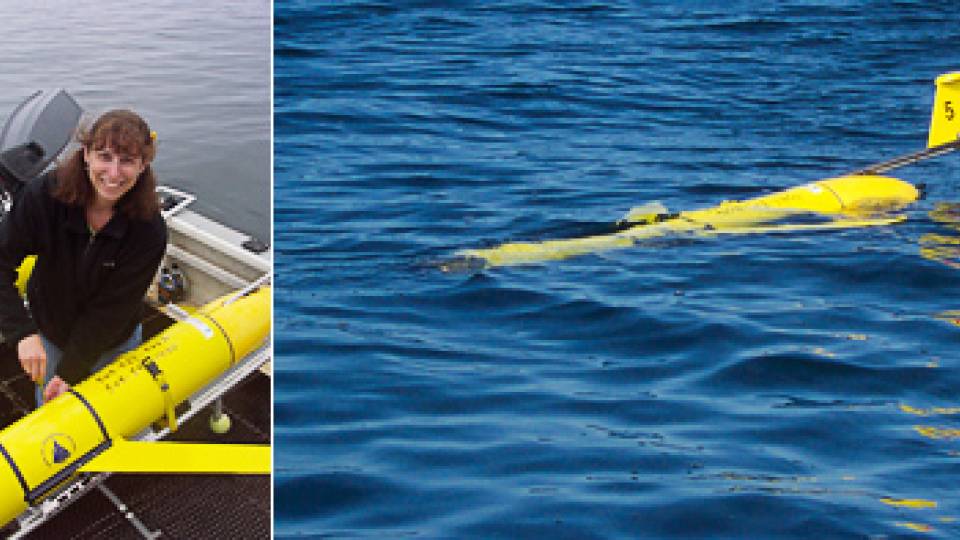Princeton undergraduates who have engineered a self-driving car designed to navigate city streets without human help have been selected as semifinalists in a hotly contested Pentagon competition with top prizes worth $3.5 million.
The Princeton team was among 36 semifinalists named last week by the Defense Advanced Research Projects Agency in its "Urban Challenge" -- a competition whose purpose is to spur innovation in autonomous robotic vehicles.
In May, DARPA winnowed the field of competitors from 89 entrants to 53. Each of the remaining teams received a site visit this summer from DARPA officials. Princeton's site visit was July 9. After completing its site visits, DARPA announced the semifinalists.
During the final week of October, Princeton and the other semifinalists will compete in a National Qualification Event at an urban military training facility located on the former George Air Force Base in Victorville, Calif. Vehicles in the competition must be able to merge into moving traffic, navigate traffic circles, avoid moving obstacles and obey California traffic laws -- without any human assistance.
Twenty finalists from that competition will then go on to the final competition on Nov. 3 at the same site. DARPA will award cash prizes to the top three winners: $2 million for first prize; $1 million for second prize; and $500,000 for third prize.
The Princeton team is unique among the other competitors in that it is entirely an undergraduate-led effort and receives little assistance from outside industry, according to team spokesman Gordon Franken.
"The fabulous thing about Princeton is that it is a place where a group of undergraduates can go out and enter a national competition like this," said Franken. "At another university, we may not have had the opportunity to be involved at all or we would have been working for graduate students or professors."
The Princeton team operates on what is comparatively a shoestring budget -- so far it has spent about $75,000 while many other teams have corporate sponsorship and budgets of $1 million or more. Franken said the team will need an infusion of cash to make it to the finish line. "We are looking to raise up to $100,000 in donations and corporate sponsorship to cover upcoming logistical expenses, travel and additional technology," he said.
The Princeton team was a surprise finalist in DARPA's last Grand Challenge competition in 2005, a race across the Mojave Desert.
The Princeton effort is entirely an extracurricular activity; students must keep up with regular coursework while working at a brisk pace to meet DARPA milestones.
"Yes, we want to win, but mainly this is about enhancing the students' academic experience," said Alain Kornhauser, a professor of operations research and financial engineering who is the team's faculty adviser. "In terms of what they are learning, DARPA's site visit last month was probably worth a year of tuition."



